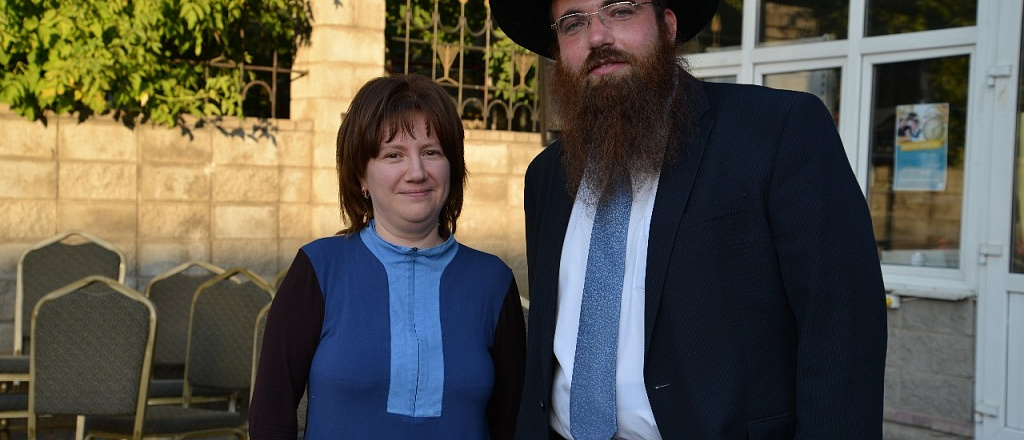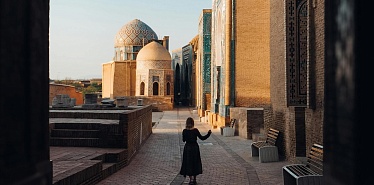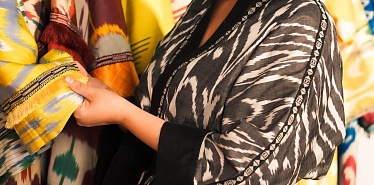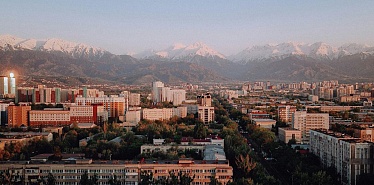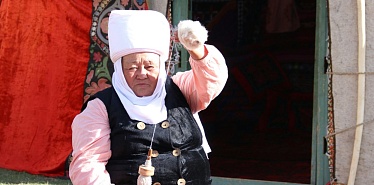Shmuel Karnaukh, 40 years old, hometown - Odessa, chief rabbi of Astana and Akmola region
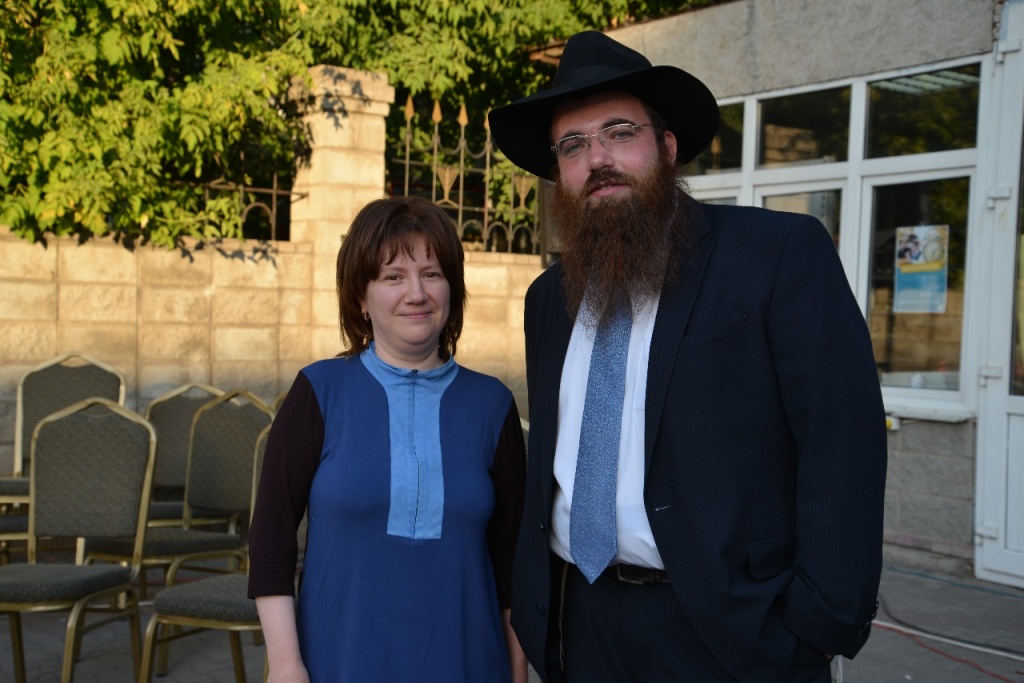
We arrived in Kazakhstan 18 years ago because a synagogue was opened in Pavlodar. I was already a rabbi by then, so I was asked to come. I was 22 years old, I had a wife and daughter. At first we lived in Pavlodar, and we moved to Astana ten years ago.
I was afraid of climatic conditions, I got confused when I was told that the temperature here could reach — 40 C. I was born in Odessa, then I lived in Israel. For me it was a bit of a shocking factor. I was worried about how I would endure this cold. I did not understand the difference between a dry and wet climate. When in Odessa everyone freezes at -— 15 C, here — 40 C feels quite bearable.
Russian is my mother tongue. I left Odessa at the age of 17. I studied at university with Russian as a language of instruction, so I never had any problems with the Russian language.
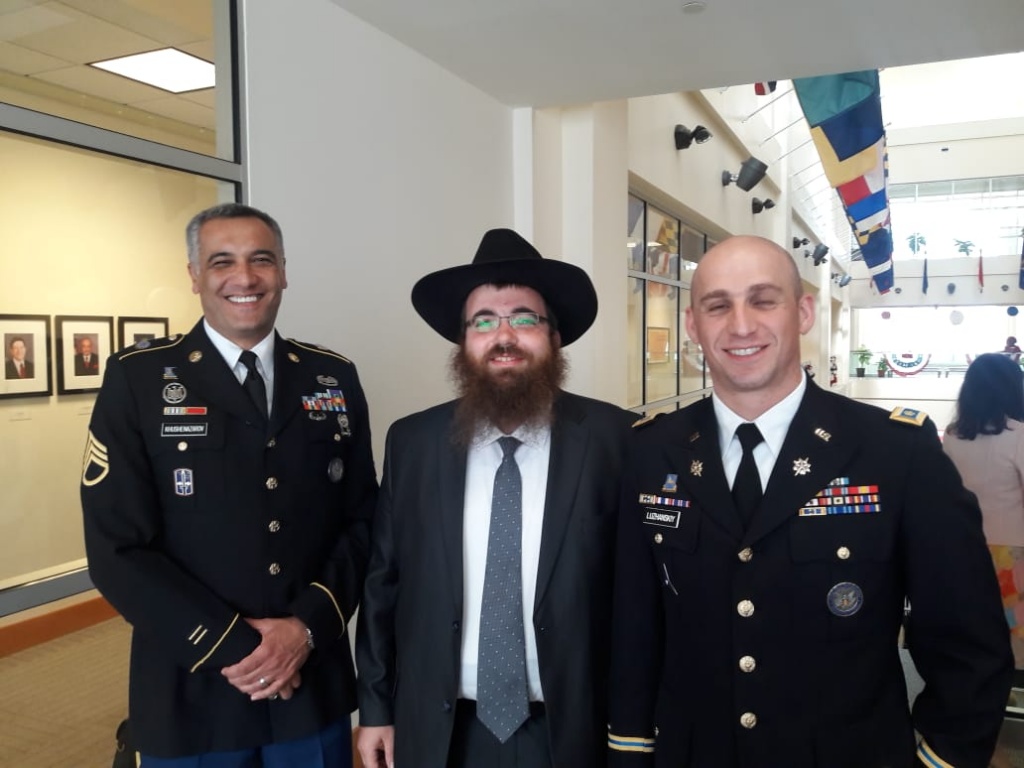
Life in Israel is different from life in Kazakhstan. Jewish life requires the compliance with a large number of laws.
When we arrived in Pavlodar, it was a different city, not like it is today. It was an ordinary Soviet city. Recently it has changed significantly, it flourished.
Jews have many laws related to nutrition. We practically can not buy anything because we are religious. We have to check everything that we eat. For example, meat should be cut by a special person, it is forbidden to mix dairy and meat. I can not even buy chocolates for my children, unless there is a special seal on the package certifying that it has been checked. In Israel, you come to the supermarket, and all the products are on the shelves with a seal, and you know immediately what you can eat. Apart from nutrition, another problem was the "mikvah" — a pool for rituals. Men plunged into the mikvah before the prayer. Women should do so once a month at a certain moment of their cycle. Only after plunging into mikvah is woman accessible for her husband. Family life is almost impossible without this pool.
Earlier the mikvah was a problem, because there was not any in Pavlodar, and we had to fly for it in Almaty, because it was the only place in Kazakhstan. Then we built a mikvah in Astana and in Pavlodar as well a few years later. Currently we are engaged in the construction of mikvahs in Karaganda.
We are trying to do everything possible to make everything is available in Kazakhstan but it is currently problematic due to financial difficulties. In addition, we need human rescues to do this as well.
Our task is to provide the Jews of Kazakhstan with everything necessary related to religious needs. The situation with mikvahs is being resolved, whereas the issue with food is far more complicated. There are no ingredients that we can use. In our synagogue in Astana there is a small dining room where people can have a snack, if they are looking for the right food.
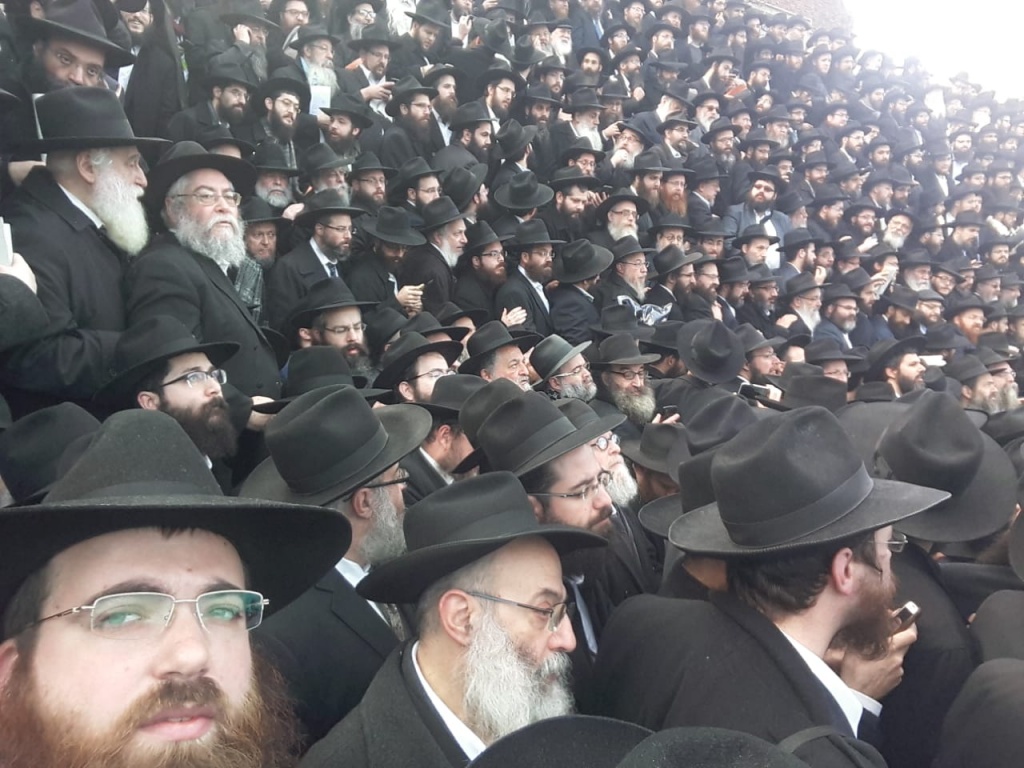
Kazakhstan is a special country. When we arrived in Kazakhstan, I was surprised for a long time by the fact that in the post-Soviet space there was still such a country that welcomes you in a friendly way regardless of your nationality and skin color. People are warm here. This was a good surprise for me and no one believed it was the case, especially friends.
In Kazakhstan all cultures were mixed up. People live as one family and say with pride that they are Kazakhstanis. There is no division into classes and races. It is important that we can all be proud of our nation and are able to contribute something.
We are also proud that we are part of the Assembly of the People of Kazakhstan. All nations are united based on the territory, society and a common language. The Jews never had it. We did not even have national dishes. Each Jew has a different type — in the eastern countries it can be hummus, halacha, in others — gefilte fish.
Jewish religion and Jewish culture are so interconnected that we hardly can separate culture from religion. The Jewish people, who cease to observe the canons and become away from religion, quickly assimilate into the environment and culture.
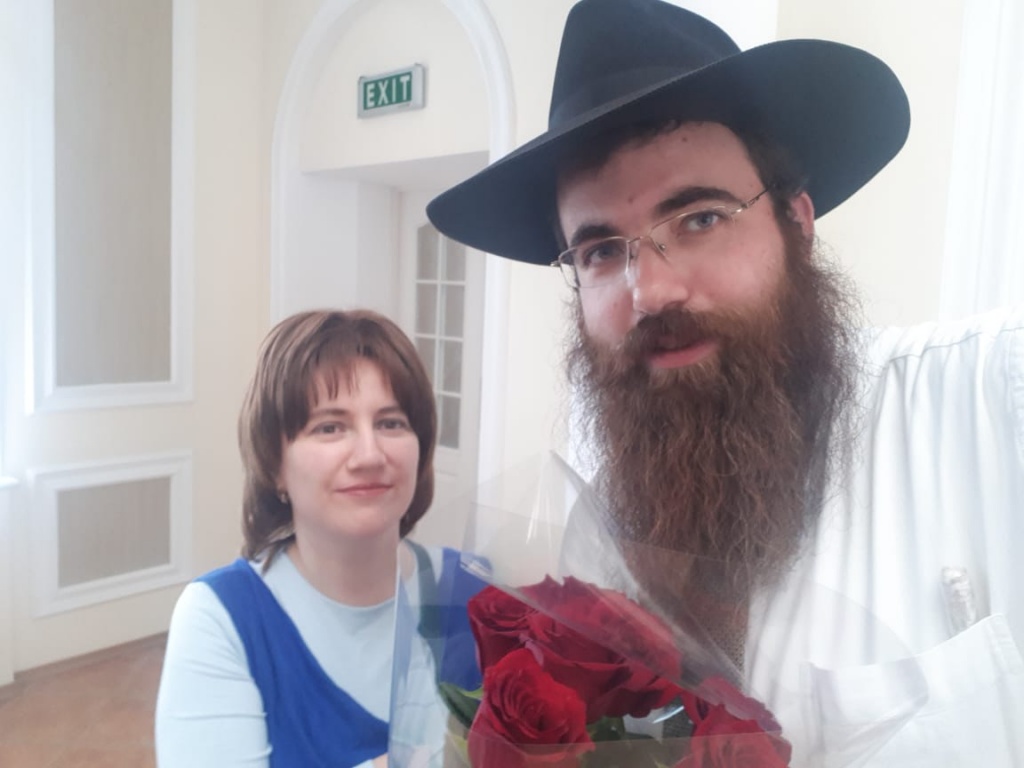
We believe in the future of Kazakhstan, in the prosperity of this country. It is convenient and good for us here. Kazakhstan is the second motherland. I have lived more than half of my life here and I love this country.
I see myself in Kazakhstan. Despite the unpredictability of life and possible changes, I want to work here. What I do gives me pleasure.
I am glad that I came to Kazakhstan, especially when I got to Astana, because Astana is a city that gives a special feeling. Here you feel proud that you live in such a beautiful place.
Daniel Tartakovsky, 37 years old, his hometown - Almaty, Tel Aviv, executive director of the non-profit organization for Legal Entities called «Kazakhstan-Israel Business Association"
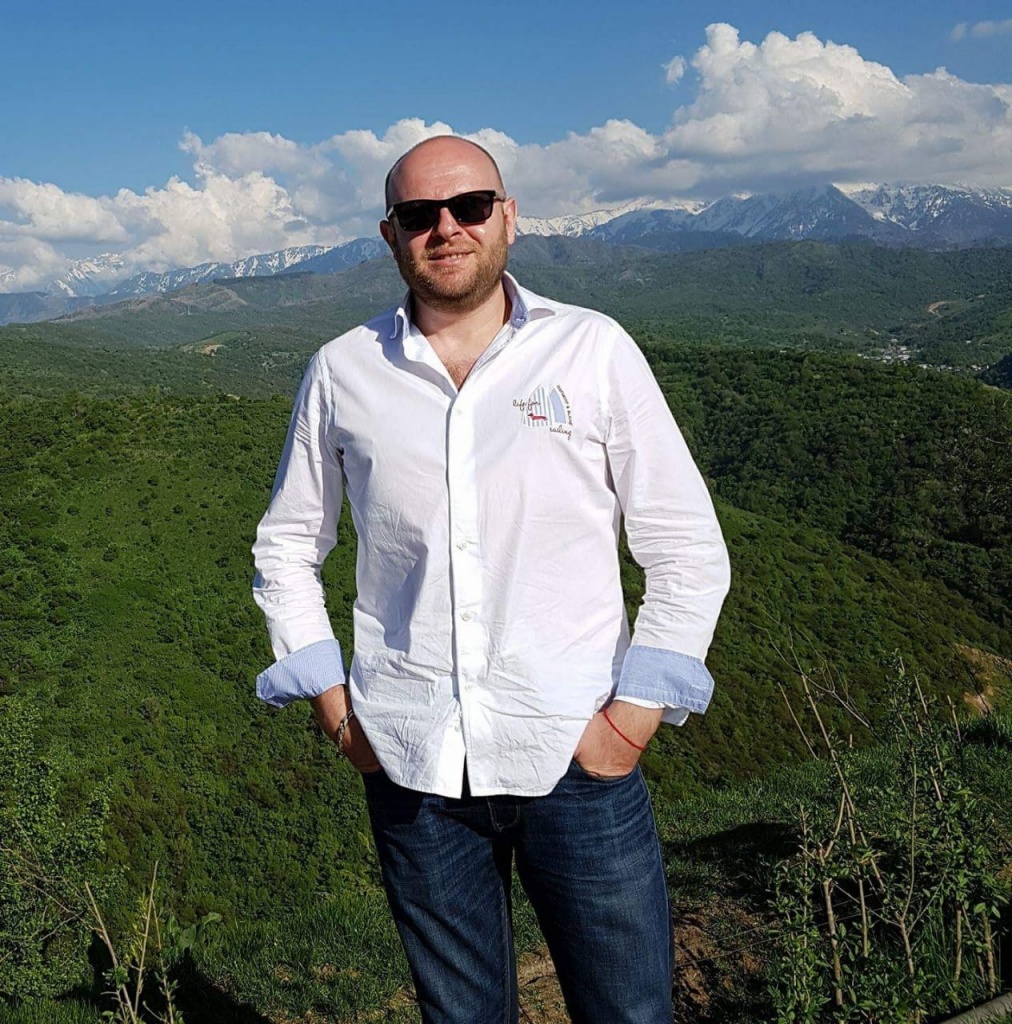
I am an Almaty native. My family - grandfathers and grandmothers - ended up here during the Second World War among hundreds of thousands of people who were forced to leave their former residence. They were welcomed in this hospitable and generous land. Kazakhstan, with its vast territory and historic hospitality, found the strength and resources to help refugees. It became the second home for many. Returning from the war front with a victory, my grandfather decided to stay in Alma-Ata.
In the late 1980's we took up a repatriation offer and went to Israel — the historic homeland of all Jews — the country I love.
I found myself in Kazakhstan for family reasons. It so happened that now the center of my life is here, I work and live in Almaty. I also often go to Israel. I feel at home in both.
Israel is amazing, you can talk about it for hours. It is a country of contrasts. Israel is also small, it occupies an area commensurate with the Balkhash lake. It is also capacious, it will take months to visit the main sights only. Israel is ancient, it is now almost four thousand years of Jewish history on this land. At the same time, it is one of the youngest countries, modern Israel gained independence just 70 years ago. The country is largely conservative, about 60% of the population respects traditions in varying degrees. Marriage and family issues are the responsibility of religious organizations. However, it is one of the most progressive countries. Israel is often called a "nation of start-ups" and a technological power. Israel is second only to the Silicon Valley by the number of inventions. There are about 70 Israeli inventions that have transformed the world and entered the daily life of almost all the inhabitants of the planet. It includes computer processors, flash drives, ICQ with Waze, cherry tomatoes, drip irrigation, a tablet camera, instant cancer diagnosis, sea water desalination and fish farming in the desert. Israel is the only democratic country in the Middle East and an example for many countries in the world.
There are many things in common in the cultures of Jews and Kazakhs. We, as well as Kazakhs, do not eat pork, we honor the elders. Both Kazakhs and Jews care for family values, for children and the elderly.
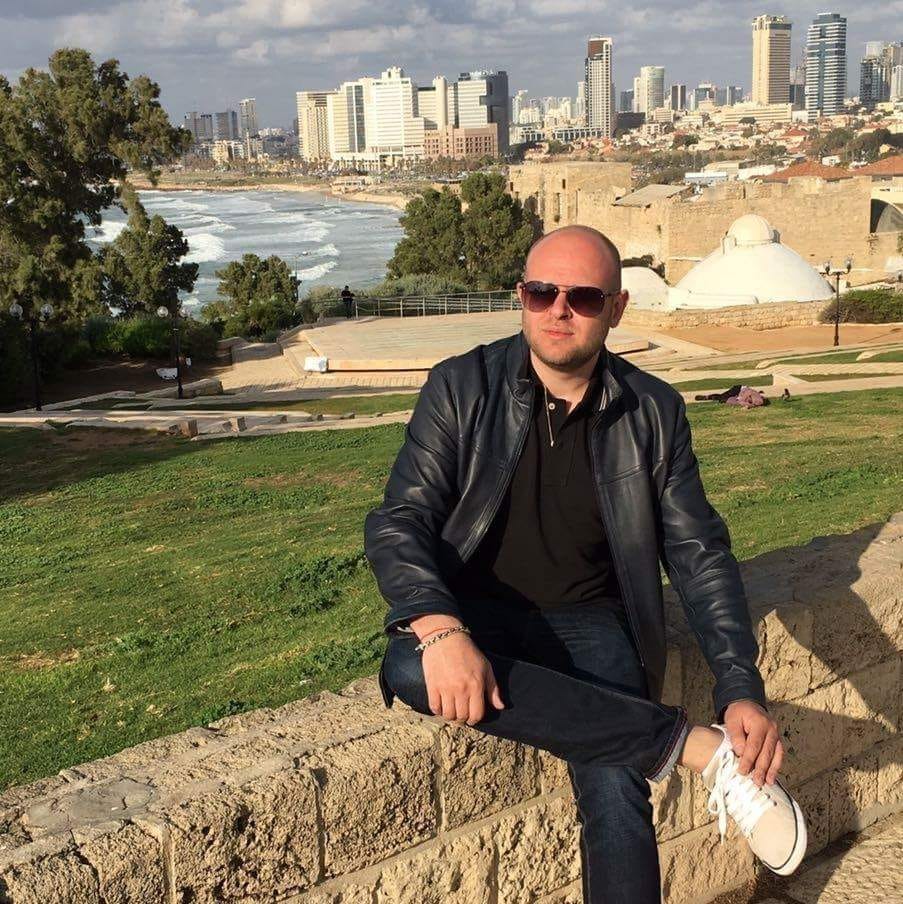
I have many Jewish friends. In Almaty there is a small Jewish diaspora. We meet in the synagogue, teach Torah, celebrate holidays and the holy Sabbath. The Jewish community greatly helps its members, especially the elderly and the poor. At the same time, I have many friends who are not Jews, among them are Kazakhs, Russians, Koreans, Tatars and Armenians. Kazakhstan has always been multinational, and here it is impossible to close in the narrow framework of purely national communication - and that's fine.
Kazakhstan has always been multinational, and it is impossible here to be restricted to the communication purely within your ethnicity and that is wonderful.
I live in Almaty. I can talk about Almaty for a long time, I love this city. I like to go out of town on weekends, I like skiing on Shymbulak, I like sitting with my friends in one of the cozy restaurants in Almaty in the evenings. In Almaty you can always find what to do in the off-hours, it is a modern city with wonderful youth parties. We are witnessing its transformation and renovation. There are now even more interesting places for family walks.
Kazakhstan is a young country. I am impressed both by today's achievements and plans for its development. Just like Israel once, Kazakhstan revives the state language, accepts repatriates called oralmans. In Kazakhstan housing construction is on the rise. Many programs are being implemented to provide young people with housing, jobs, and training. The scale of construction and prospects are impressive.
At the moment I do not plan to move. In the «Kazakhstan-Israel Business Association», which is the sister organization of «Kazakhstan-Israel," the bilateral chamber of commerce and industry, we can see that the potential of cooperation between our countries practically has not realized yet. The parties have something to offer each other and it is in our plans to continue to make every effort to develop bilateral business ties, increase trade turnover, transfer to Kazakhstan new technologies and advanced know-how.
Maria Popova, 20 years old, her native city is Karaganda, a student
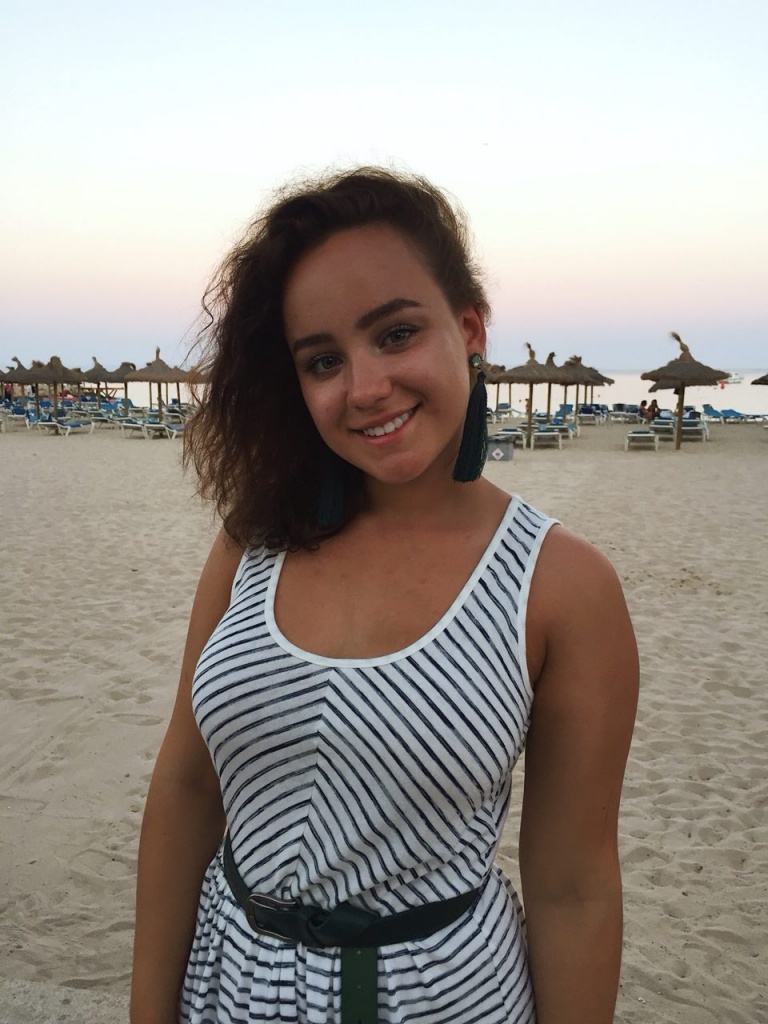
My great-grandfather moved to Kazakhstan from Germany, and great-grandmother — from Moldova. They both moved to the old town near Karaganda, where they met.
In those days they did not share with anyone about their ethnic origins. They told that they have Jewish roots only after the end of the Second World War.
It was not difficult to socialize because there were many people who recently moved to Kazakhstan. Everyone found work and friends.
I went to Israel in 2014. In general, there are two organizations in Karaganda: the cultural and community centers. The trip was organized by the Jewish community. Our dance team was invited to the contest. We did not pay anything. We spent a couple of days at the contest and then traveled around the country. There were about 30 of us. Everyone liked the trip and a quarter of the guys wanted to come back to Israel to study and work.
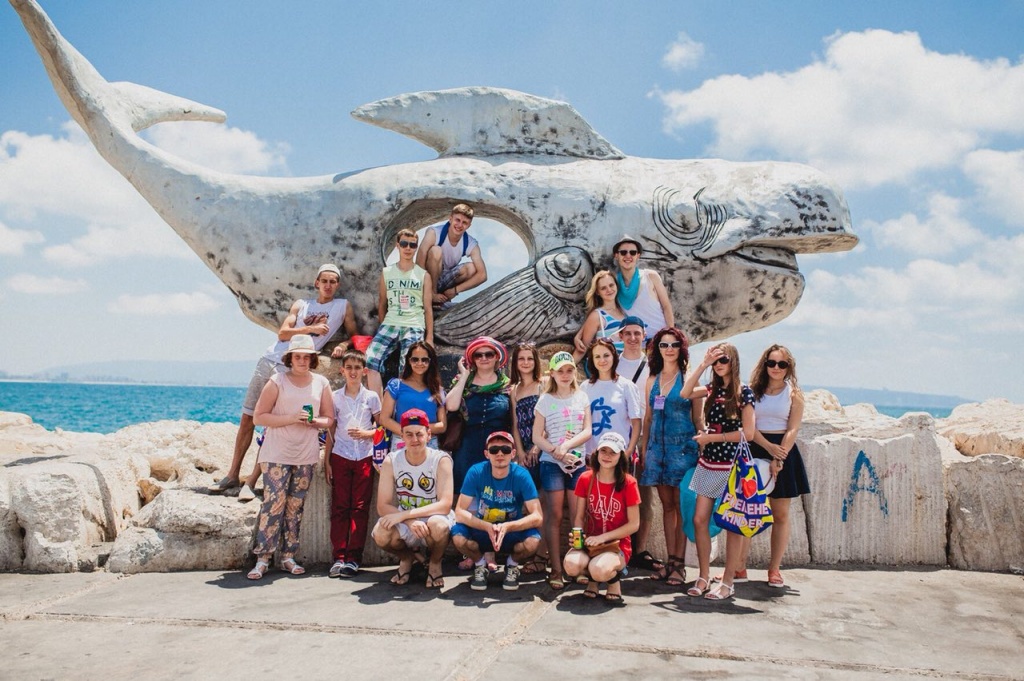
Our organizations accept not only Jews. Many people are interested in our culture. We have offices in the House of Friendship and we also have our personal office. There we spend holidays and meetings.
At the moment, we have a small outflow of youth from the community because the guys are at the age when they only finished 9 or 11 grade and they all go to Israel to study in various programs. This year about 5-7 children leave Karaganda, and there are also some from Astana and Almaty. In general, people of different ages come to us. If we count all of them — from 3-year-old kids to older people, then there are about 100 of us, maybe even more.
Not only do we dance, but we also have "Kosher Quiz", a discussion of world news, a cooking club, where different kinds of traditional food are prepared. In addition, we have special meetings for the elderly. If they are not able to come, then members of our society visit them. We have volunteers: adolescents and adult women. We have people who help for free, repair or clean something in the apartment and help in the garden.
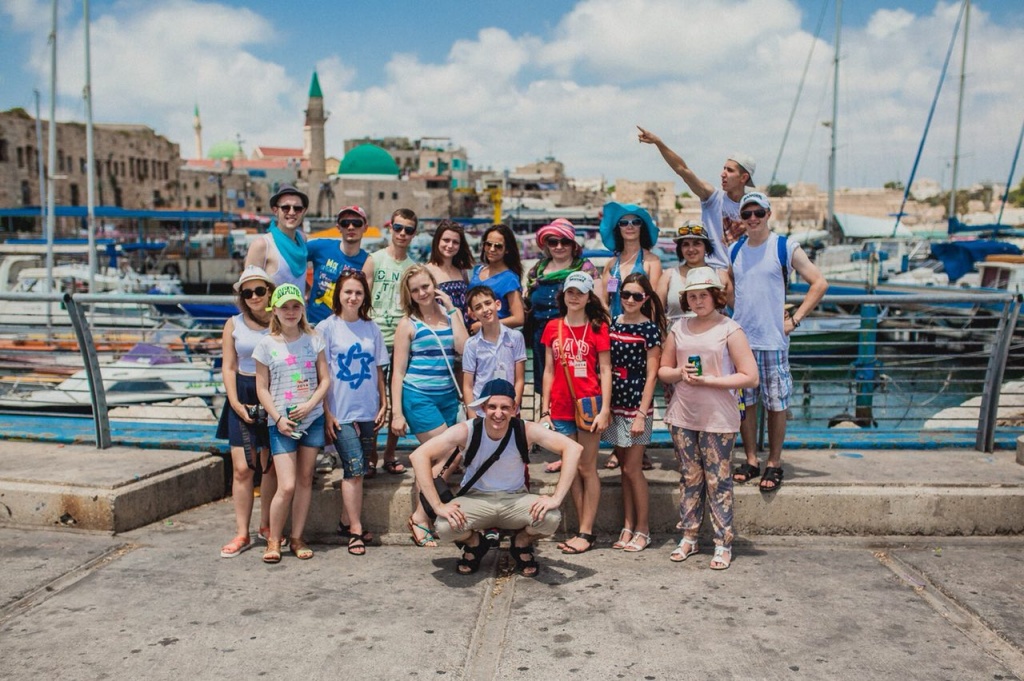
Both Kazakhs and Jews are hospitable. When having guests a lot of delicious food is prepared. As for the differences, for the Jewish people woman is the head of the family. All decisions must be discussed with the woman. All the surrounding people find this interesting because for them it is unusual.
The Jewish people have many holidays. For example, «Shabbat". And the Kazakhs have a «juma,» a holy Friday. This we are similar. In my family we celebrate the Jewish New Year and Hanukkah, which takes place in the winter. In my family our mother is the head, all decisions all key decisions are made by her. Father fully supports her position.
Generally, a person’s Jewish status is passed through the mother. Even if the father is not Jewish and the mother is Jewish, it is believed that the child, if he wants, can become a Jew.
We have many people who want to learn the Hebrew language. However, there is no permanent teacher because it is expensive. In our center there are several children who have Jewish citizenship. They were born in Israel but moved with their parents who came to work in Kazakhstan. Then they learned Russian, they also know Hebrew well.
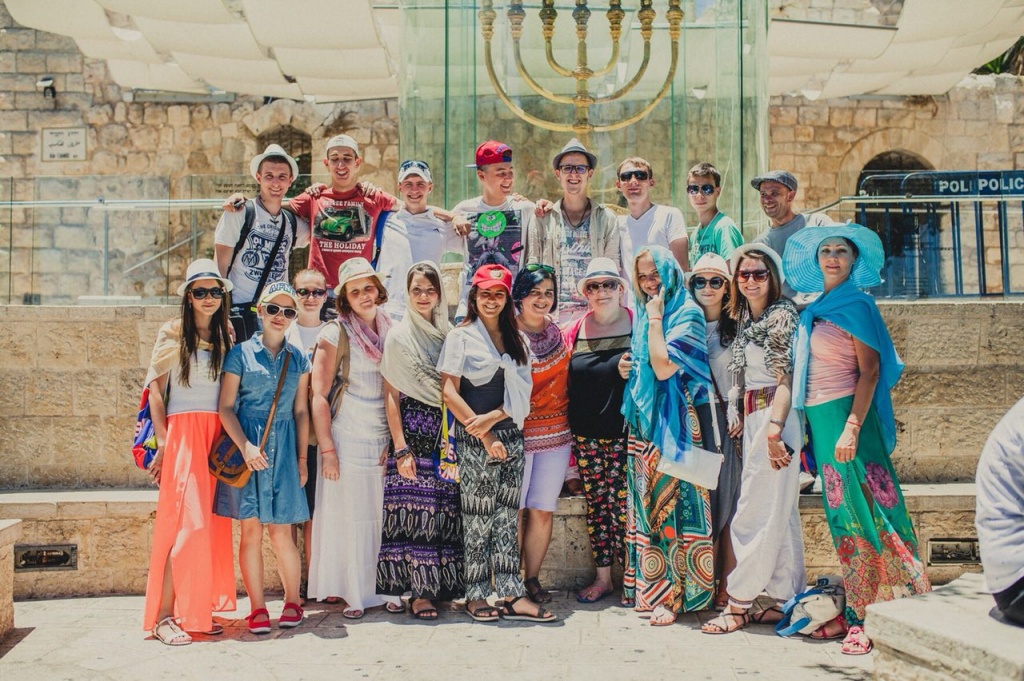
Everyone who came to us is happy because everyone is interested in getting to know our culture. It is nice that in Kazakhstan they are friendly to the Jews. For example, earlier in Karaganda there was no synagogue but just a couple of years ago it was built. The state thinks about the comfort of the residents, about the representatives of all nationalities.
I would like to once again visit Israel as a tourist to find out how I will study there later. It is interesting for me to see what kind of education they have, how the work is organized, what are the conditions and rules.






